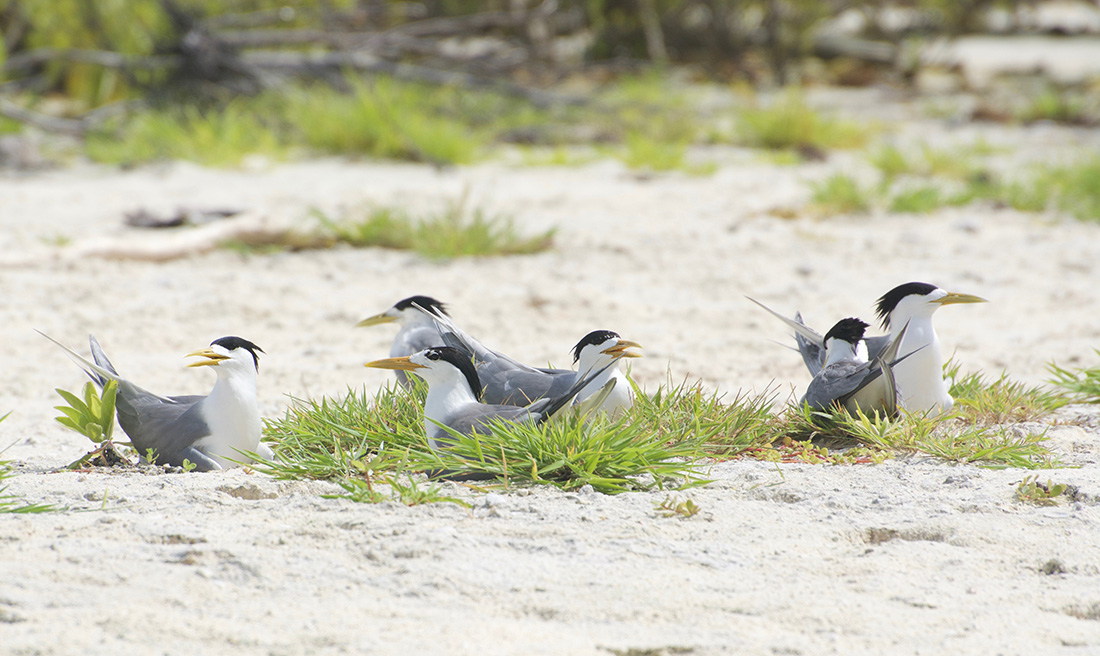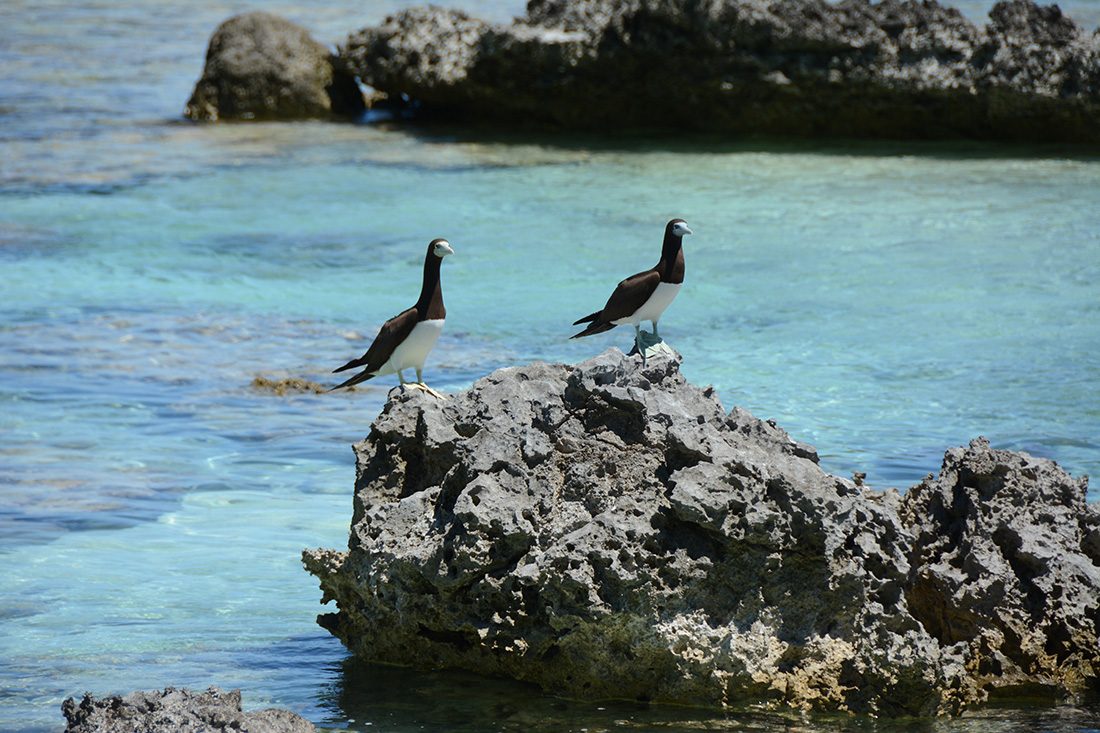December 4, 2024
The Ebiil Society: Champions of Palau
Ann Singeo, founder of our partner organization the Ebiil Society, shares her vision for a thriving Palau and a flourishing world of indigenous science!
We use cookies to help you navigate efficiently and perform certain functions. You will find detailed information about all cookies under each consent category below.
The cookies that are categorized as "Necessary" are stored on your browser as they are essential for enabling the basic functionalities of the site. ...
Necessary cookies are required to enable the basic features of this site, such as providing secure log-in or adjusting your consent preferences. These cookies do not store any personally identifiable data.
Functional cookies help perform certain functionalities like sharing the content of the website on social media platforms, collecting feedback, and other third-party features.
Analytical cookies are used to understand how visitors interact with the website. These cookies help provide information on metrics such as the number of visitors, bounce rate, traffic source, etc.
Performance cookies are used to understand and analyze the key performance indexes of the website which helps in delivering a better user experience for the visitors.
Advertisement cookies are used to provide visitors with customized advertisements based on the pages you visited previously and to analyze the effectiveness of the ad campaigns.
Our new online shop is live!

Tetiaroa Atoll boasts one of the Pacific’s healthiest and comparatively in-tact coral reef and terrestrial tropical ecosystems. A rich diversity of seabirds nest in native Pisonia trees, while sea turtles, reef sharks, and fish thrive in the surrounding waters. Still, invasive species and climate change threaten the native wildlife, putting these once pristine ecosystems at risk along with atolls across the region.
As part of the Tetiaroa Atoll Restoration Program, Tetiaroa Society and Island Conservation are carrying out a major conservation intervention on Tetiaroa, French Polynesia. The program aims to restore seabird populations and establish Tetiaroa as a sanctuary for seabirds, Green Sea Turtles, coconut crabs, other native invertebrates, and endangered, regionally endemic bird species.

Islands represent a disproportionate amount of plant and animal diversity for their size and are the epicenter of the extinction crisis, with invasive species as the primary threat. Globally, invasive rodents are among the most damaging invasive species, particularly on islands where they are associated with 86% of recorded extinctions. On Tetiaroa, as on many islands and atolls, invasive rats are a persistent threat, decimating native seabird populations, feeding on Green Sea Turtle hatchlings, crabs, and the seeds and saplings of native vegetation. Following the successful removal of invasive rats from Tetiaroa’s Reiono Island in 2018, Tetiaroa Society, Island Conservation, and partners are now working together to remove invasive rats from the entire atoll to secure habitat for native wildlife.
Ridding the islands of invasive rats would restore balance for the terrestrial and marine ecosystems—protecting endangered native birds and turtles and enhancing the resilience of surrounding coral reefs, making them more resistant to climate change. Restoration is also expected to benefit reef fish populations, ensuring food security for local peoples intimately connected to healthy coral reefs economically and culturally. Tetiaroa will once again become a sanctuary for birds and other native fauna and flora, and present an opportunity for translocation of rare bird species, which are threatened within their current ranges, from elsewhere in French Polynesia to Tetiaroa.

Beyond the benefits to Tetiaroa Atoll, the habitat restoration program presents a unique chance to record a wide array of ecosystem changes in real-time and develop a model for the sustainable management of tropical islands and their coral reefs in these uncertain times. The lessons learned on these small motu could go on to inform the restoration of more than 700 tropical atoll ecosystems, where invasive species and climate change pose a significant threat to our world’s global biodiversity. It might seem small, but Tetiaroa is just the beginning.
If you would like to support the restoration of Tetiaroa Atoll and the emerging research, visit www.BirdsToReef.org today.
Check out other journal entries we think you might be interested in.
Notifications